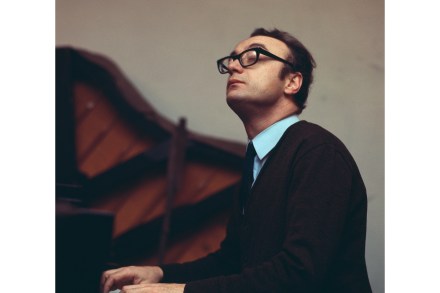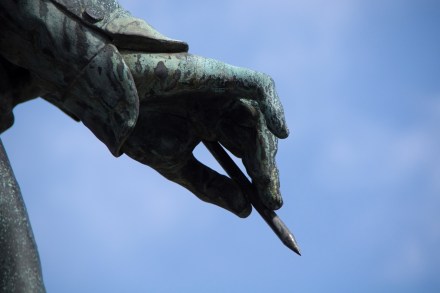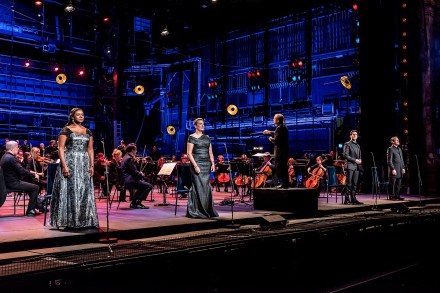Another cracking take on the opera film: Marquee TV’s Turn of the Screw reviewed
I’m still waiting for the Royal Opera to step up. Nearly a year into the Covid crisis and what do they have to show for it? One stonking concert staging of Ariodante, a couple of gala-ish performances and some operatic scraps. Where’s the creativity? Where’s digital ingenuity, the willingness to experiment, reinvent, adapt? Where, frankly, is opera? When companies with a far greater reliance on box office than the heavily subsidised Royal Opera can do their bit — look at Grange Park’s tireless stream of content, ENO and Scottish Opera’s various car-park Bohèmes, English Touring Opera’s monodramas and song cycles, Glyndebourne’s Offenbach-in-the-garden — it’s hard not to feel frustrated. We




















